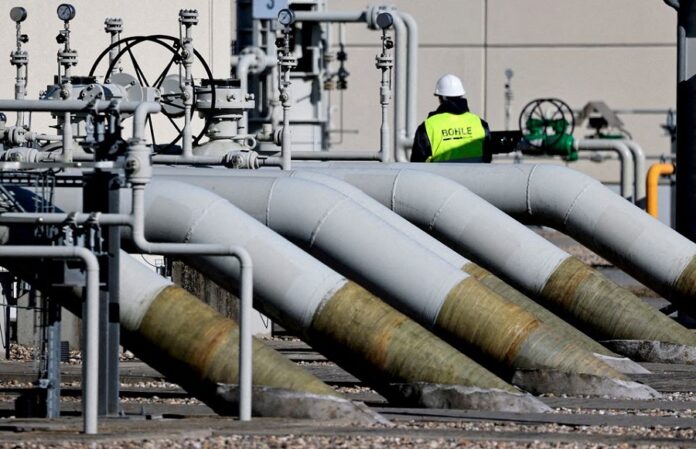EU leaders will discuss next week what the bloc has denounced as sabotage on the subsea Nord Stream gas pipelines, an EU official said on Thursday, adding that the incident had changed the nature of the conflict in Ukraine fundamentally, according to Reuters.
As gas continued to spew into the Baltic Sea for a fourth day since leaks were first detected, it remained unclear who might be behind any deliberate attack on the pipelines that Russia and European partners spent billions of dollars building.
Russia said the incidents looked like “an act of terrorism”. It has also said the leaks off the coasts of Denmark and Sweden occurred in territory that is „fully under the control” of U.S. intelligence agencies.
“The attack on strategic infrastructure means that the strategic infrastructure in the entire EU has to be protected,” an EU official in Brussels said.
“This changes fundamentally the nature of the conflict as we have seen it so far, just like the mobilization … and the possible annexation,” the official said, referring to Russia’s mobilizing of more troops for the Ukraine war and expectations of President Vladimir Putin will annex Ukrainian regions.
Russia’s war with Ukraine and the resulting energy standoff between Moscow and Europe, which has the EU scrambling to find alternative gas supplies, are set to dominate the EU summit on October 7 in Prague.
The Nord Stream 1 and 2 pipelines were not supplying gas to Europe when the leaks were first detected on Monday but still had gas in them. Russia had halted deliveries via Nord Stream 1, saying Western sanctions had hampered operations. Nord Stream 2 had not started commercial operations.
Next week, EU leaders will discuss an eighth sanctions package on Russia which European Commission chief Ursula von der Leyen has proposed, including tighter trade restrictions, more backlisting’s and an oil price cap for third countries.
The EU official said he expected the 27-nation bloc to agree on parts of the sanctions package before the Prague summit, such as the blacklisting of additional individuals and some of the trade restrictions with regard to steel and technology.


